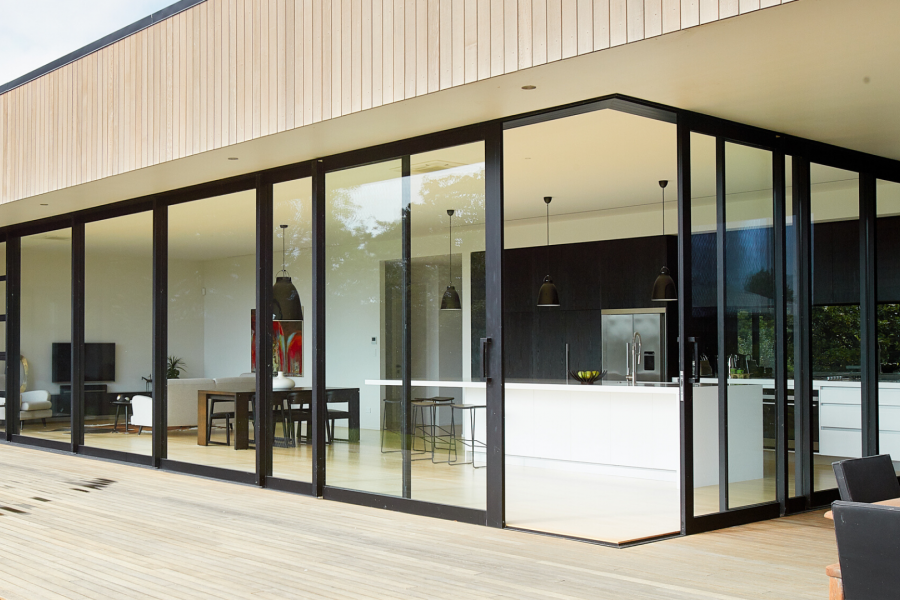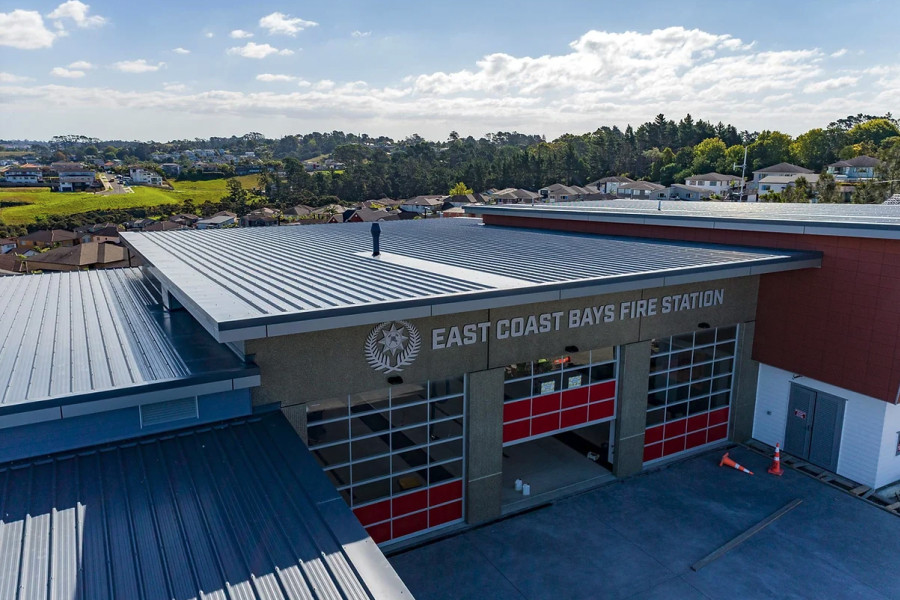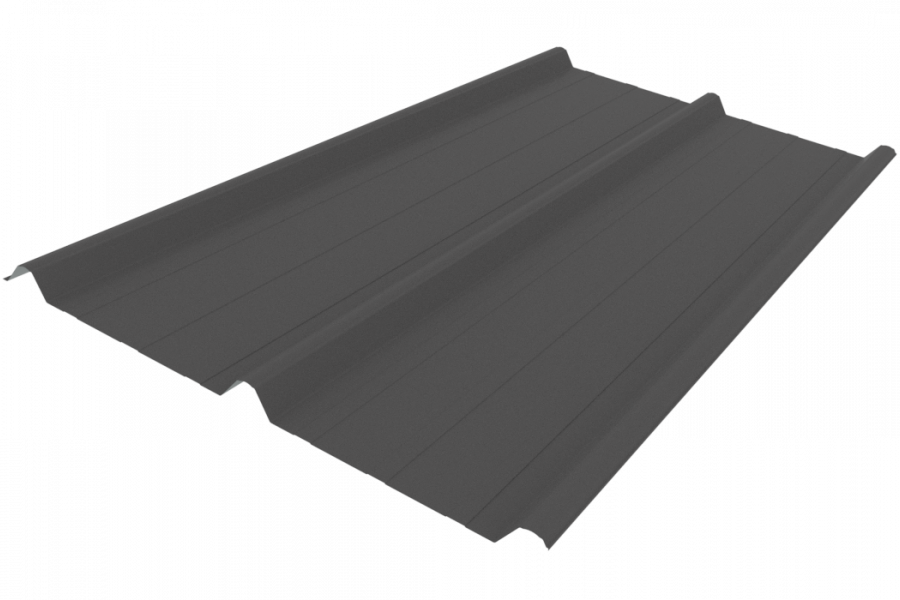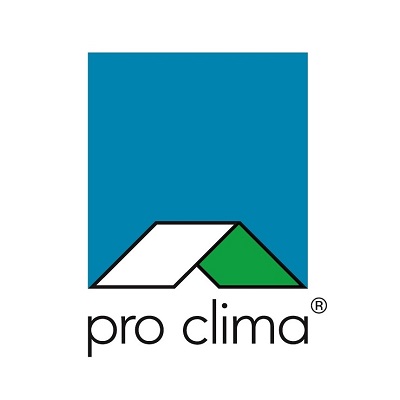The photo which accompanies this will be completely unfamiliar to those readers who are very familiar with the scene. Virtually everyone who has travelled through Europe on their ‘coming-of-age’ O.E. will have seen many square kilometres of the large bright yellow sunflower heads, on sturdy green stalks, all stretching up to face and follow the sun throughout the day so that the crop appears as a continuous sheet of gold when viewed with the warm summer sun at one’s back. Sorry — not this year. The photo of sad bowed heads is typical of France’s sunflower crop throughout the extensive and varied regions we travelled in. Apparently the situation is the same in the rest of Europe.
In late July and August we were in France during its fourth heatwave of the year with three weeks of daily temperatures reaching the mid to high thirties, and night lows still in the mid-twenties. These bursts of heat are samples of what is to become common, and later the norm. Fortunately the weather then reverted to a version of the normal seasons, although this year in France there is extensive drought. We were told that the Loire River valley has had no rain since the beginning of the year, and it shows in the resulting narrow meandering waterway between extensive mud flats which we saw. Also the stage is about to be reached where not enough water can be taken from the river to allow the canal barges to operate. We heard reports that it is possible to wade across the Loire in places. This is repeated for the other major rivers. At Toulouse the 529km long Garonne, (arising in the Spanish Pyrenees), is controlled, as it passes the city, with a weir constructed to give top-up water to the Canal de la Garonne. At present all the river’s low flow only goes through an old side race rather than over the weir. Everywhere we travelled the majority of crops had been harvested and hay had been made, presumably because of the lack of rain.
The primary reason for the trip was to celebrate the marriage of my nephew at the centuries old vineyard estate of his wife’s extended family near Bordeaux; a two-day affair which allowed time for the guests to visit the vinery on the property, which is not open to the public. During the tour, (fascinating that the old equipment has be integrated with the modern rather than being demolished), I asked the Vintner if they had noticed any effect of climate change. He gave a definite answer. When he started out they had to wait until October before the grapes were ripe but over the years the date had slowly moved forward to and through September. This year, 2022, the picking has moved for the first time into August. A very clear sign that something major and sustained is happening to the climate.
The heatwaves have also brought a rise in exceptional and extensive forest fires. These are not just in the South, as reported in NZ before we left. We were based for five days in a tiny village in the depths of the Massif Central, an area of 800-900m high plateaus in the south-central of the country, (close to Norman Foster’s Millau Viaduct), and had our own forest fire on the plateau above that took a week to be extinguished due to flare-ups caused by the hot dry winds. Apparently in the past fires were rare in this high altitude climate and easily put out.
While we were in France it was reported that the new government in Britain is apparently going to solve the current energy supply crisis by building more nuclear power stations, (I thought they took a lot more than a year to build and commission), and at the same time reduce investment in wind and solar farms (see my April 2022 blog post 'Will NZ's Energy Supplies Need to Go Nuclear?'). As we travelled in the upper Loire valley, and later in south France, we came across nuclear power plants, (about 70% of the country’s electricity comes from these), which had only one cooling tower operating, and others off in the distance closed down as evidenced by the lack of condensation clouds coming from them. With the current Ukraine situation, there is a desperate need for all these to be working but they can’t because that vital and simple commodity, vast quantities of river water for cooling, is not available. With an understanding of this, and in preparation for the future, in recent years France has made a major push to harvest the wind with installations ‘littering’ the countryside, especially on ridge lines across the Massif Central. Even so, during the heatwave period the blades were not spinning as there was no wind.
At the same time we were experiencing the European heatwave, back in New Zealand there were torrential rains and flooding, and now super typhoon Nanmadol is battering Japan. These ‘in-your-face’ abnormal weather events are becoming more frequent demonstrations of the basic aspects of human induced climate change.
Probably the single most important take-away from my trip is the importance of urban trees, and public open spaces no matter how small. Trees don’t just ‘grow on trees’, they require long-term vision and planting. We must protect and nurture every one of those we still have. The recent Joint-Party Cooperation solution to the housing crisis of three dwelling each of three storeys, without any thought given to the unintended consequences, will ensure the wholesale removal of urban trees ‘by a thousand chainsaws’.
Through EcoRate Ltd – Architect I provide objective independent passive solar thermal performance analysis and advice on sustainability matters, to architects, designers, builders, manufacturers, and others in the construction industry, included those proposing to build a new home.
For more information feel free to contact Keith at EcoRate Ltd on 021 890 251, [email protected], or our website www.settlement.co.nz.











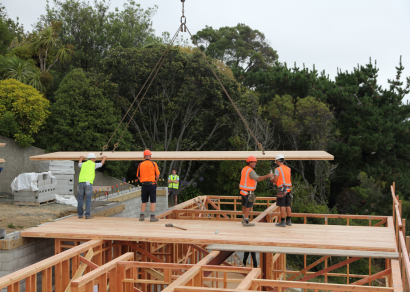

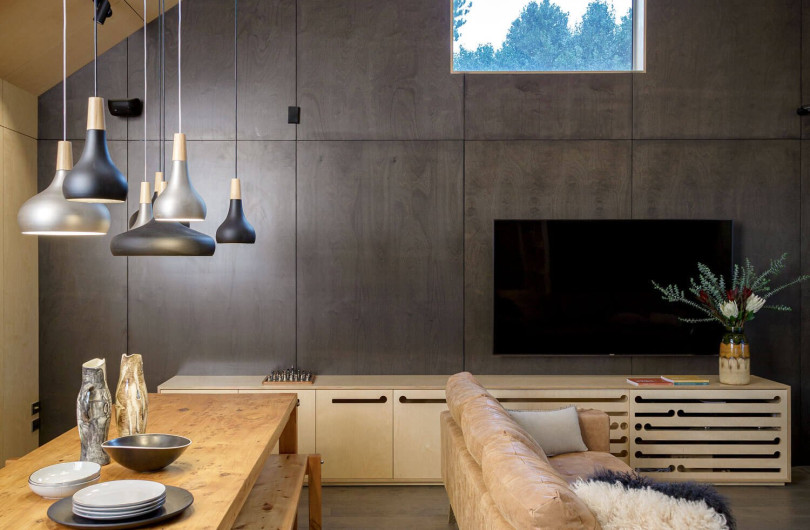
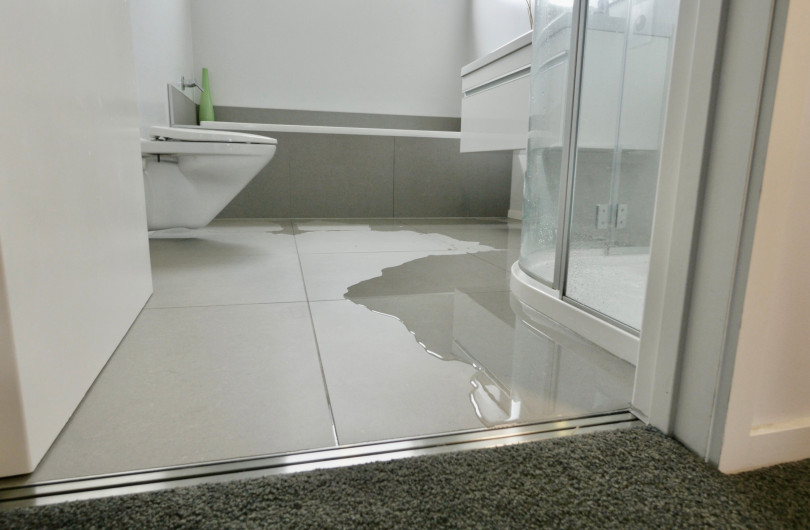




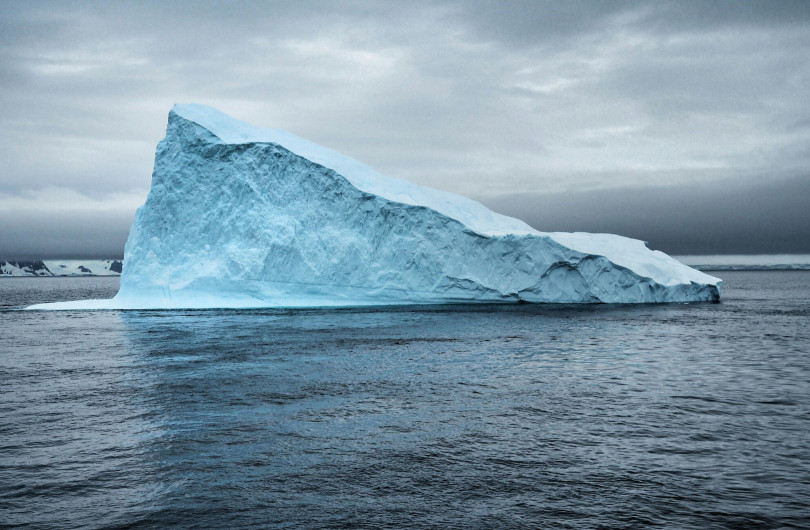




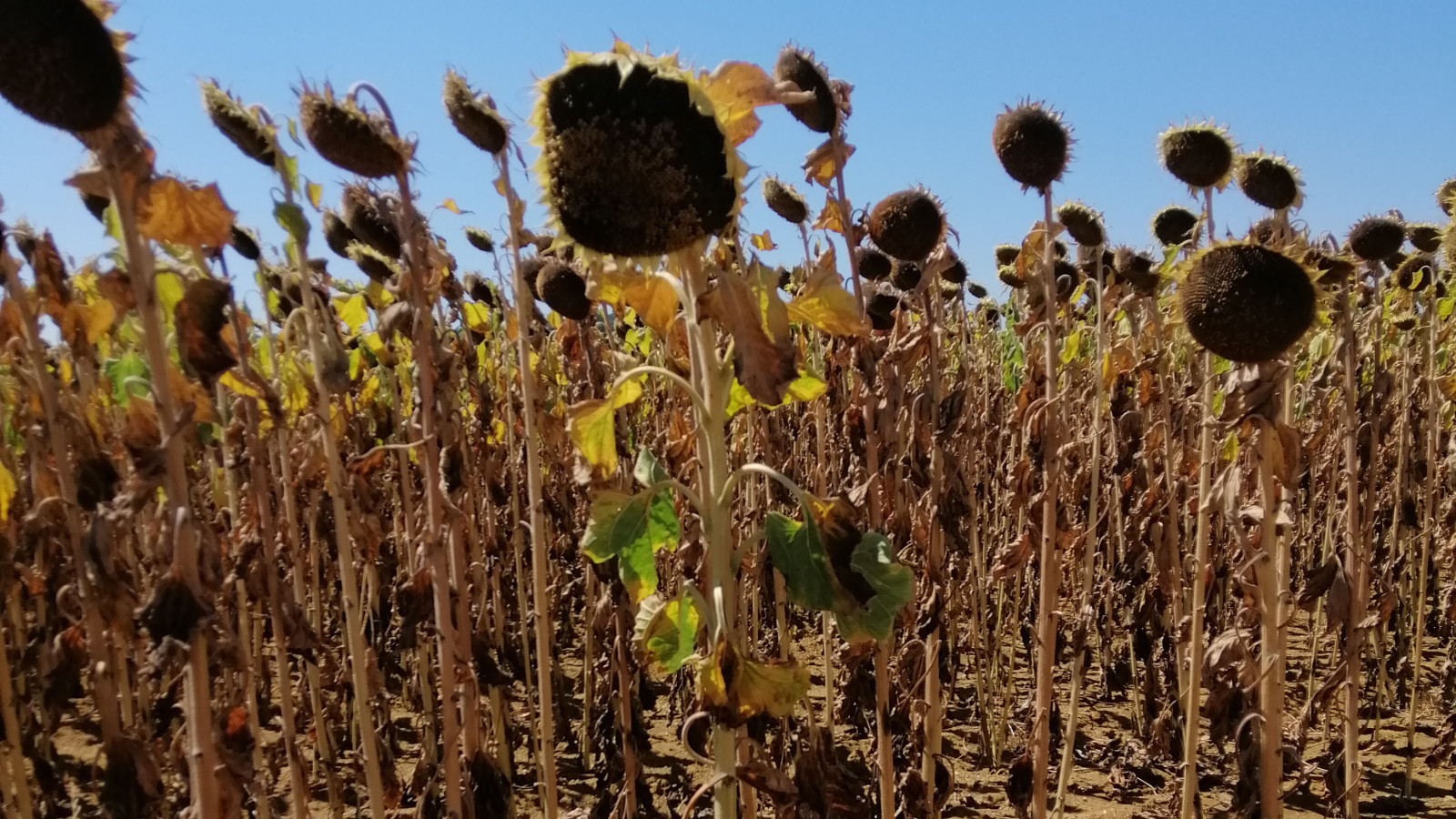



 Most Popular
Most Popular Popular Products
Popular Products